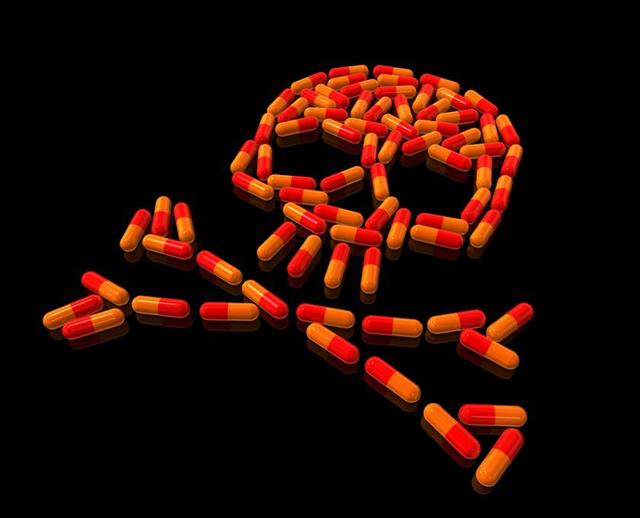What Image Do You Have About MIND DIET?
Doctors have been saying for years that what you eat can affect the health of your heart. Now there's growing evidence that the same is true for your brain.
The MIND diet mixes parts of the Mediterranean and DASH (Dietary Approaches to Stop Hypertension) diets to form the Mediterranean-DASH Diet Intervention for Neurodegenerative Delay (MIND) diet.
MIND focuses on foods with the most direct brain benefits and shuns foods that promote early aging; it recommends 10 brain-boosting foods to love and five brain bashers to limit.
The Mediterranean diet
The Mediterranean diet is associated with reduced risk of mild cognitive impairment and AD. As most of us know, this diet emphasizes veggies, fruits, legumes, cereals, fish, unsaturated fat (especially olive oil), and moderate alcohol; intake of dairy, meat, and saturated fat is low.
The MIND diet is a research-based diet developed by Martha Clare Morris, ScD, a Rush nutritional epidemiologist, and her colleagues. In recent studies, the MIND diet showed that it helped lower the risk of Alzheimer's by as much as 53 percent in participants who adhered to the diet rigorously, and by about 35 percent in those who followed it moderately well.
The DASH diet
The DASH diet, one of our favorite cardio-protective eating plans, is also associated with slowing cognitive decline. It emphasizes vegetables, fruits and low-fat dairy products; also includes whole grains, fish, poultry, beans, nuts & seeds, and vegetable oils. Sodium, sweets, sugary beverages, red meats are limited.
The name of the MIND diet is short for Mediterranean-DASH Diet Intervention for Neurodegenerative Delay. The diet is a hybrid of the Mediterranean and DASH (Dietary Approaches to Stop Hypertension) diets. Both diets have been found to reduce the risk of cardiovascular conditions, like hypertension, heart attack and stroke. Some researchers have found that the two older diets provide protection against dementia as well.
The basics of the MIND Diet
・Emphasizes whole, plant-based foods and limited intake of animal and high saturated fat foods
・Interestingly, it does not specify high fruit consumption like the DASH and Mediterranean diets, but it does strongly emphasize berries and leafy greens
・Specifies 10 “brain healthy” foods: leafy green vegetables, other vegetables (ex: carrots, bell peppers), nuts, berries, beans/lentils/soybeans, whole grains, seafood, poultry, olive oil, and wine (in moderation)
・Specifies 5 “unhealthy” foods: red meats, butter and stick margarine, cheese, pastries and sweets, and fried or fast food (limit to 2-3 servings per week, if at all)
・Interestingly, it does not specify high fruit consumption like the DASH and Mediterranean diets, but it does strongly emphasize berries and leafy greens
・Specifies 10 “brain healthy” foods: leafy green vegetables, other vegetables (ex: carrots, bell peppers), nuts, berries, beans/lentils/soybeans, whole grains, seafood, poultry, olive oil, and wine (in moderation)
・Specifies 5 “unhealthy” foods: red meats, butter and stick margarine, cheese, pastries and sweets, and fried or fast food (limit to 2-3 servings per week, if at all)
FISH
Contain omega-3 fatty acids, which help your brain function well.
“Fish eat phytoplankton,” says Dr. Sukol, “which are rich in nutrients that reduce inflammation in both your brain and everywhere in your body. “You are what you eat, and you are what ‘what-you-eat’ eats.”




 Nami♡
Nami♡





